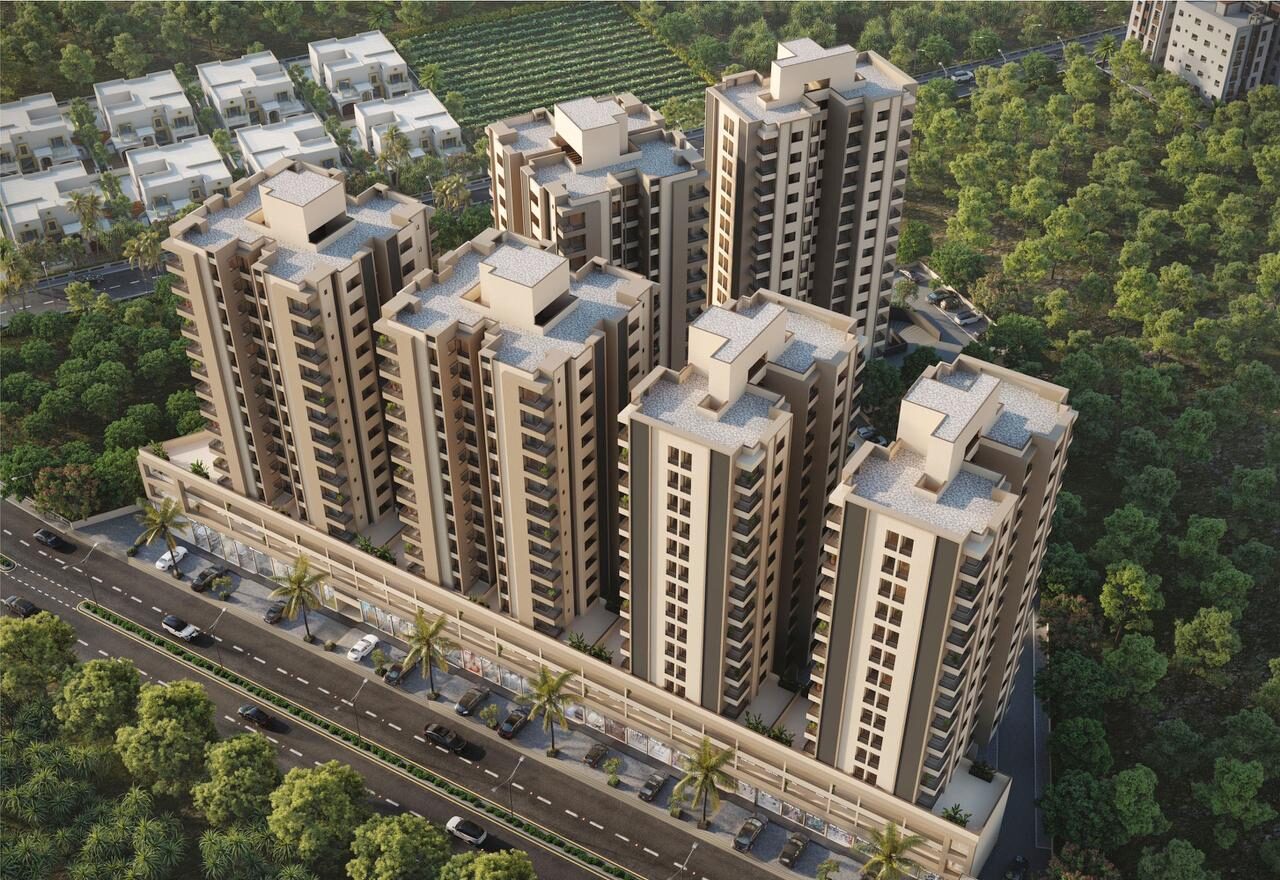Trending now
Infomerics Ratings – Real Estate Industry Outlook Report
Infomerics Ratings has come out with an outlook report on “Indian Real Estate and Sustainability” by Dr. Manoranjan Sharma, Chief Economist, Infomerics Ratings. The report provides an insightful view of the Indian Perspective, Project completion, Retail Sector, Sales, The Micro Markets, Investments, Institutional Initiatives, Industry Risks, and Way Forward.

Key highlights of the report are given below:
- India’s real estate sector remains optimistic, driven by stable residential demand and a growing office market. Project completions have slightly slowed, yet the reduction in vacancy rates highlights a positive trend for the industry.
- The retail sector saw a 7% year-on-year growth in space absorption in early 2024, with luxury retail expanding in Tier-II and Tier-III cities. Direct-to-consumer (D2C) brands are increasingly establishing physical stores, reshaping the retail landscape.
- Higher-priced residential units (₹10 million and above) have driven sales growth, while the mid-size and affordable segments experienced moderation. Major cities like Mumbai and Bengaluru lead in sales volume.
- India’s office market grew strongly in 2024, led by Bengaluru’s 8.4 million sq. ft. in H1 and GCC driving 37 percent of Q3 demand. Flex spaces also expanded, with co-working leading the segment.
- The retail market saw a 7 percent YoY increase in space absorption in H1 2024, with luxury retail expanding significantly.
- Private equity investments grew by 15% YoY, reaching US$3 billion in H1 2024, with foreign investors contributing significantly. FDI in real estate also rose, with over 70% of investments focused on ready assets
- Rising interest rates, geopolitical uncertainties, and inflationary pressures present risks, along with potential regulatory changes and environmental mandates that may impact construction timelines and costs.
- Emphasizing sustainable practices, the real estate sector aims to adopt energy-efficient building methods and renewable energy integration to meet India’s net-zero goals by 2070. Regulatory support will facilitate alignment with these global goals.
- The Pradhan Mantri Awas Yojana – Urban 2.0 (PMAY-U 2.0) continues to support affordable housing, with increased funding for credit risk guarantees to boost first-home construction
Tags: #AffordableHousingIndia, #FDIinRealEstate, #GreenRealEstate, #IndianRealEstate, #IndustryRisks, #InfomericsRatings, #InvestmentTrends, #LuxuryRetail, #MicroMarkets, #NetZeroGoals, #OfficeMarketIndia, #PMAY, #ProjectCompletion, #RealEstateOutlook, #ResidentialDemand, #RetailGrowth, #RetailSectorIndia, #SalesGrowth, #SustainabilityInIndia, #SustainableBuilding



















































































